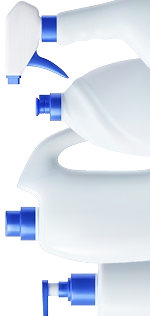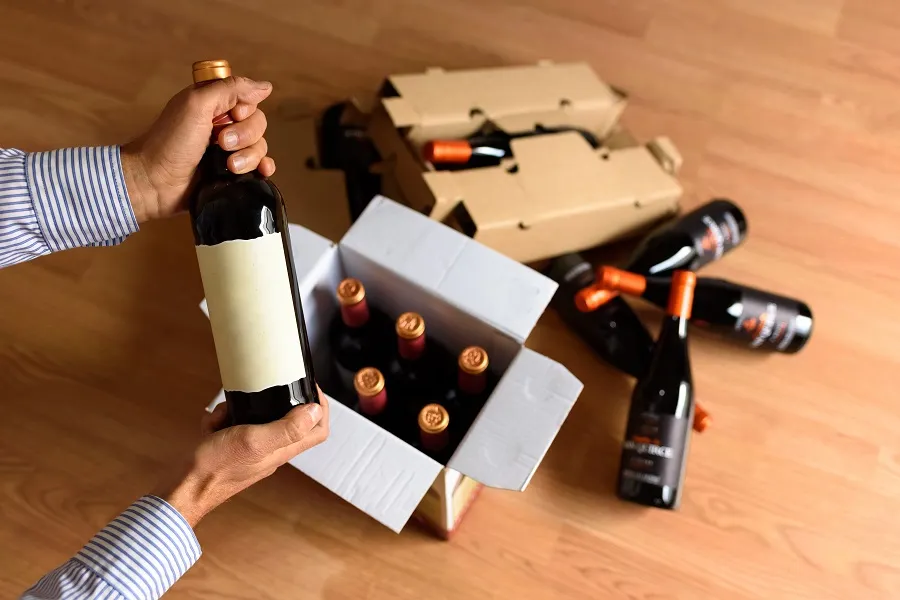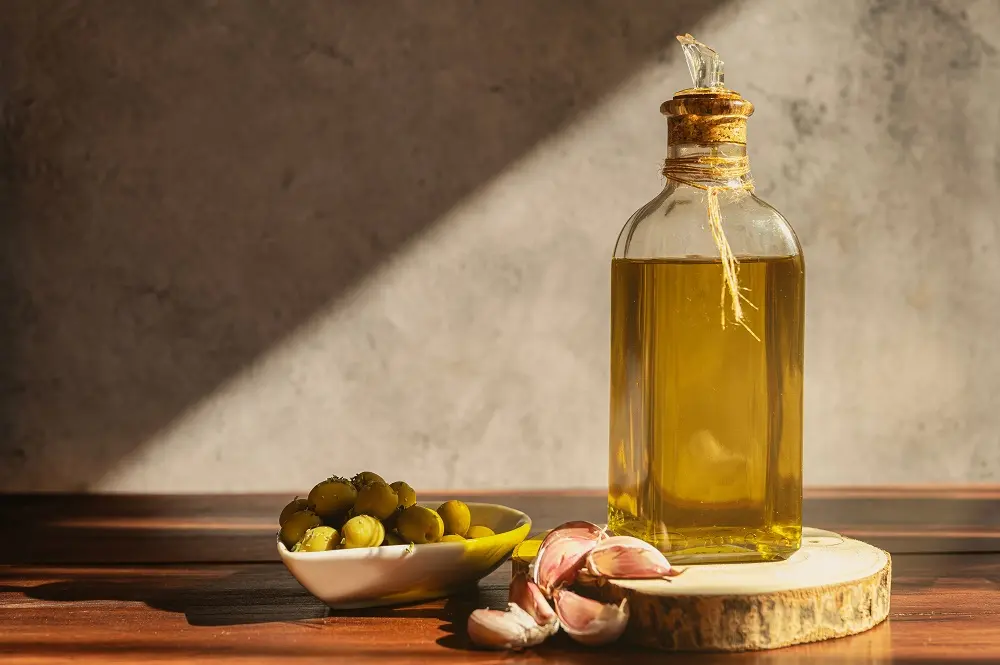Stock Packaging vs. Custom Packaging Solutions: Making the Right Choice for Your Business
- ByRobert "Rob" Starmann
- July 1, 2025
Packaging is crucial in product protection, brand recognition, and consumer experience in today’s competitive marketplace. Whether launching a new product line or reassessing your current packaging strategy, one of the most fundamental decisions you'll face is choosing between stock packaging and custom packaging solutions.
At Ashland Container, we've spent nearly 50 years helping businesses navigate these decisions. With our extensive experience in the packaging industry, we understand that making the right choice can impact your bottom line, operational efficiency, and market positioning. Which option is best for you?
Let's dive into the key differences between stock and custom packaging to help you determine which option aligns best with your business needs.
Stock Packaging Characteristics
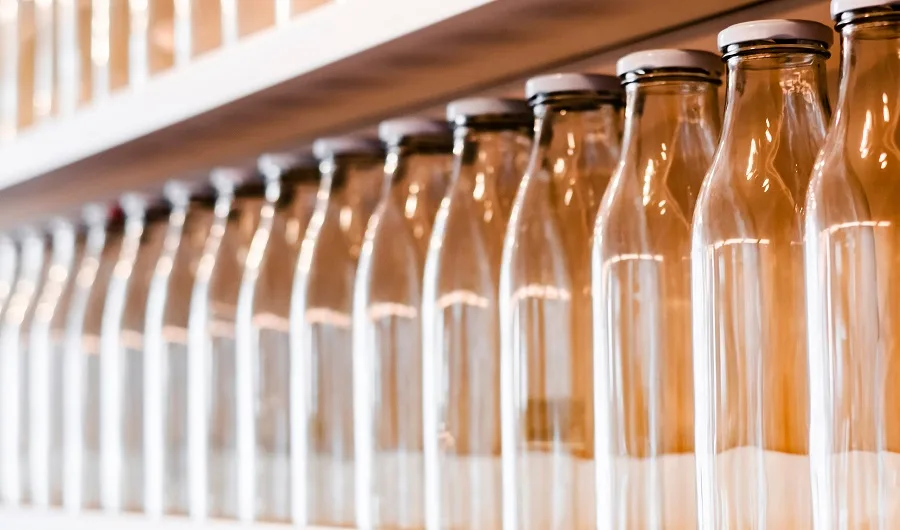
Stock packaging refers to pre-made, standardized packaging components readily available in predetermined sizes, shapes, and styles. These mass-produced options are manufactured in large quantities to keep costs down and availability high.
Stock packaging has a defined set of features that make it a practical choice for many businesses. These packages are pre-designed in standard formats and available in common sizes and shapes that work for many products. They represent ready-made solutions businesses can quickly purchase and implement without lengthy design processes.
While stock packaging is convenient, it comes with limited customization options — typically restricted to adding labels or basic branding elements to the pre-made containers. These packaging solutions are commonly available in many materials such as plastic, glass, and metal, giving businesses some flexibility in material selection.
Custom Packaging Characteristics
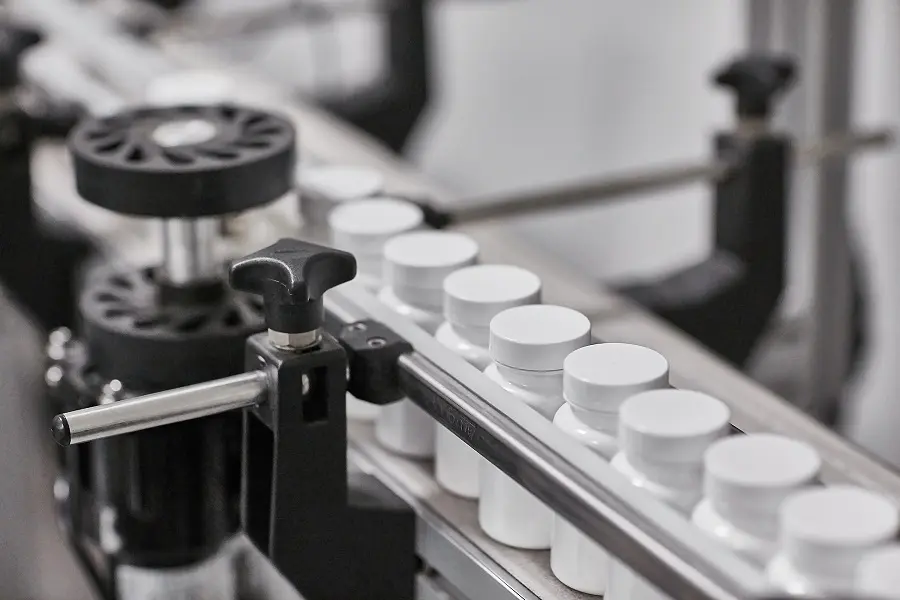
Custom packaging is uniquely designed and manufactured to your exact specifications. Rather than adapting your product to fit existing packaging, custom packaging is tailored to your product perfectly while showcasing your brand identity.
This type of packaging offers personalization and precision that stock options simply cannot match. It allows you to receive a tailored size, shape, material, and functionality that perfectly suits your product's dimensions and protection requirements. Each package is uniquely designed to match your specifications to eliminate wasted space and materials.
One of the most significant advantages of custom packaging is the integration of brand-focused elements directly into the packaging structure itself, rather than merely adding labels to generic containers. Your brand identity becomes woven into the very fabric of the packaging through color, shape, and design elements.
What Is the Difference Between Stock Packaging and Custom Packaging?
When deciding between stock and custom packaging, several factors come into play. Let's explore the main differences so you can make an informed decision.
Cost
Stock packaging boasts a lower initial investment, skipping design and tooling fees. However, hidden costs like extra void fill and the potential for higher shipping due to oversized boxes can develop. On the other hand, custom packaging involves higher upfront costs but can yield long-term savings through optimized shipping, reduced damage, and less material waste, especially as order volumes grow.
Production Timeline
Stock options are available immediately and have a fast turnaround time. This is ideal for startups or unexpected demand. Custom packaging follows a longer path, involving design and tooling, typically taking 8-12+ weeks. Although this option requires more foresight, it provides consistent, tailored solutions for ongoing needs.
Branding Impact & Customization
Stock packaging offers limited branding through labels on generic forms. Custom packaging is the clear winner for businesses prioritizing a unique brand identity. Companies can completely integrate their brand into the packaging's structure and design, creating memorable unboxing experiences.
When Stock Packaging Makes Sense for Your Business
- Budget constraints: Startups and small businesses with limited capital may prefer stock packaging, as it has a significantly more affordable entry point. It eliminates the substantial upfront investment associated with custom design, tooling, and setup, allowing you to allocate resources to other crucial areas of your business launch.
- Market testing: Introducing new products involves inherent uncertainty. Stock packaging is a sensible, lower-risk option for initial market testing phases. It allows you to gauge consumer interest and gather valuable feedback without committing to the expense of custom packaging, providing crucial insights for future decisions.
- Low production volumes: Custom packaging's high setup costs can be prohibitive if your product output is relatively small. Stock options provide a cost-effective solution for containing and presenting your products without the need to amortize significant upfront investments across a limited number of units, making it ideal for niche or early-stage businesses.
- Time-sensitive launches: Speed is paramount in fast-paced markets with seasonal trends or competitive pressures. Stock packaging offers immediate availability, bypassing the weeks or months required for custom development and production. This allows you to capitalize on opportunities and reach consumers quickly.
- Temporary needs: For short-duration requirements like trade show samples, limited-time promotions, or seasonal offerings, stock packaging provides a practical and proportionally sound investment. Custom development for such temporary needs is often not financially justifiable due to the limited usage timeframe.
- Standardized products: Many products with conventional shapes and sizes fit comfortably within existing stock packaging formats. When your product aligns well with these readily available options, the incremental benefits of investing in custom sizing or unique structures may be minimal. This makes stock packaging a perfectly functional and efficient choice.
Unlocking Your Brand's Potential: The Benefits of Custom Packaging
Custom packaging offers transformative advantages that extend far beyond product containment. For businesses seeking to elevate their market position, enhance customer experience, and optimize operational efficiency, custom packaging delivers compelling benefits worth considering. We’ve outlined only a few of them below.
- Elevated brand perception: Custom packaging transforms your product into a cohesive brand experience, communicating quality and attention to detail that resonates with consumers and justifies premium pricing, fostering brand loyalty.
- Enhanced differentiation in crowded markets: In a sea of similar products, custom packaging allows your brand to stand out with unique designs, shapes, and materials, capturing consumer attention and creating a memorable visual impact that sets you apart from competitors.
- Tailored product protection: Designed specifically for your product's unique dimensions and vulnerabilities, custom packaging offers superior protection against damage during transit and handling. Many businesses see reduced returns, minimized waste, and higher customer satisfaction.
- Unforgettable unboxing experiences: Custom packaging provides an opportunity to create a unique and engaging unboxing ritual for your customers, fostering excitement and positive associations with your brand that can lead to organic social sharing and word-of-mouth marketing.
- Precise branding and messaging: Custom packaging allows complete control over the visual elements to ensure your brand’s colors, fonts, and messaging are consistent. This can help strengthen brand recognition and communicate key product information effectively.
- Optimized size and material usage: Custom packaging is designed to fit your product perfectly, minimizing excess space and material waste. This leads to potential cost savings in shipping and contributes to more sustainable packaging practices that appeal to environmentally conscious consumers.
- Versatility for unique product shapes: For products with unconventional shapes or multiple components, custom packaging offers the flexibility to create tailored solutions that ensure a secure fit and organized presentation, options often unavailable with standardized stock packaging.
Need Help Choosing? Let's Discuss Your Packaging Needs!
Unsure whether stock or custom packaging is the best fit for your business? Our expert team at Ashland Container can provide personalized guidance and help you explore the optimal solution for your products and brand. Contact us today for a consultation!
Ashland Container: Your Trusted Custom Packaging Partner
Navigating the packaging landscape can be complex. There are many moving parts and factors to consider, so partnering with experienced packaging professionals can prove invaluable. At Ashland Container, we bring over five decades of industry experience to every client relationship.
Our team takes time to understand your unique needs, helping you weigh the pros and cons of different packaging approaches. Whether you choose stock packaging, custom solutions, or a hybrid approach, we can guide you toward the option that best balances your cost, timeline, protection, and branding requirements.
With Ashland Container as your packaging partner, you gain access to extensive industry knowledge, strong manufacturer relationships, and personalized service that ensures your packaging supports your broader business goals. Our team is here to guide you through every step so you feel confident in your packaging.
Ready to explore the right packaging solution for your business? Contact Ashland Container today to discuss your specific needs and discover the optimal approach for your products.
Heading
Heading 1
Heading 2
Heading 3
Heading 4
Heading 5
Heading 6
Lorem ipsum dolor sit amet, consectetur adipiscing elit, sed do eiusmod tempor incididunt ut labore et dolore magna aliqua. Ut enim ad minim veniam, quis nostrud exercitation ullamco laboris nisi ut aliquip ex ea commodo consequat. Duis aute irure dolor in reprehenderit in voluptate velit esse cillum dolore eu fugiat nulla pariatur.
Block quote
Ordered list
- Item 1
- Item 2
- Item 3
Unordered list
- Item A
- Item B
- Item C
Bold text
Emphasis
Superscript
Subscript

